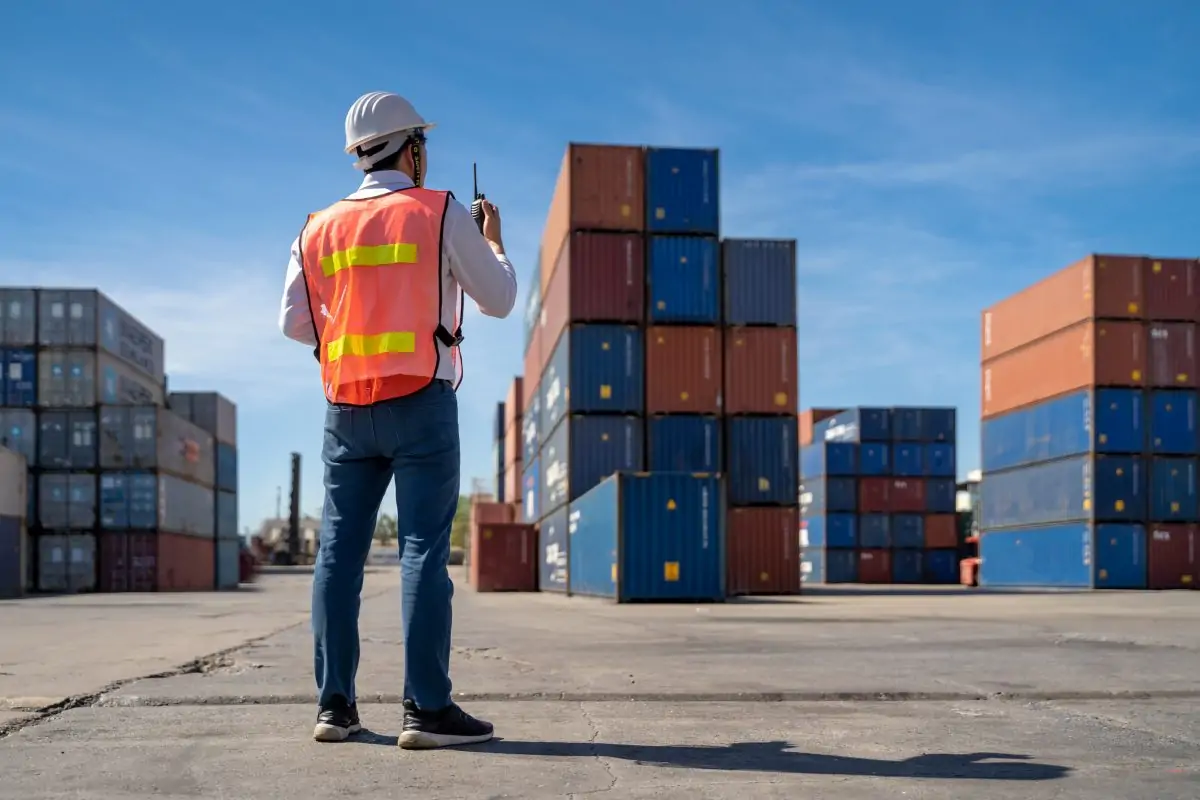Best Custom Clearance Agents in Ahmedabad, India
Customs clearance is a crucial process in the field of logistics, especially for international shipments. It refers to the formalities and procedures involved in getting the necessary customs approvals for the import or export of goods across international borders. The customs clearance process ensures that shipments comply with the laws and regulations of the countries involved.
We can arrange remote customs clearance for any shipment arriving to any port or airport anywhere in the India. Compliances and regulations vary from country to country. Our experience employs us the ability to know these rules because of our years of experience and the relationships with numerous customs agents in many countries both large and small. Agents and Brokers alike call our Operations Specialist periodically seeking answers to certain compliances.

For more details please call us at +91-869-088-7751 or email sales@bluewaveslogistics.com
- Documentation:Customs clearance involves the preparation and submission of various documents, such as the commercial invoice, packing list, bill of lading, and any other specific documentation required by the customs authorities. Accurate and complete documentation is essential for compliance.
- Customs Declarations:Importers or exporters are required to declare the nature, quantity, value, and classification of goods being shipped. This declaration helps customs authorities assess the applicable duties and taxes and ensure that the goods comply with regulations.
- Tariff Classification:Goods are classified according to a harmonized system of product codes to determine the appropriate tariff rates. This classification is critical for calculating duties and taxes accurately.
- Duty and Tax Assessment:Customs authorities assess applicable duties, taxes, and fees based on the information provided in the customs declaration. Import duties and taxes vary depending on the nature of the goods and the countries involved.
- Customs Valuation:The customs value of goods is determined based on the transaction value, considering the price paid or payable for the goods, including any additional costs such as freight and insurance.
- Regulatory Compliance:Customs clearance involves compliance with various regulations, including import and export restrictions, licensing requirements, and trade sanctions. Non-compliance can lead to delays, fines, or confiscation of goods.
- Customs Brokerage:Many companies use customs brokers or agents to facilitate the customs clearance process. Customs brokers are professionals who are knowledgeable about customs regulations and can help ensure that all documentation is in order.
- Inspections and Examinations:Customs authorities may inspect or examine shipments to verify the accuracy of the declared information. This can include physical inspections, X-ray scans, or other methods.
- Electronic Customs Clearance:Many countries have transitioned to electronic customs clearance systems, allowing for the submission of documentation and declarations online. Electronic systems can expedite the clearance process and reduce paperwork.
- Post-Clearance Activities:After customs clearance is granted, goods are released for delivery to the consignee. Any additional post-clearance activities, such as audits or compliance checks, may also take place.
